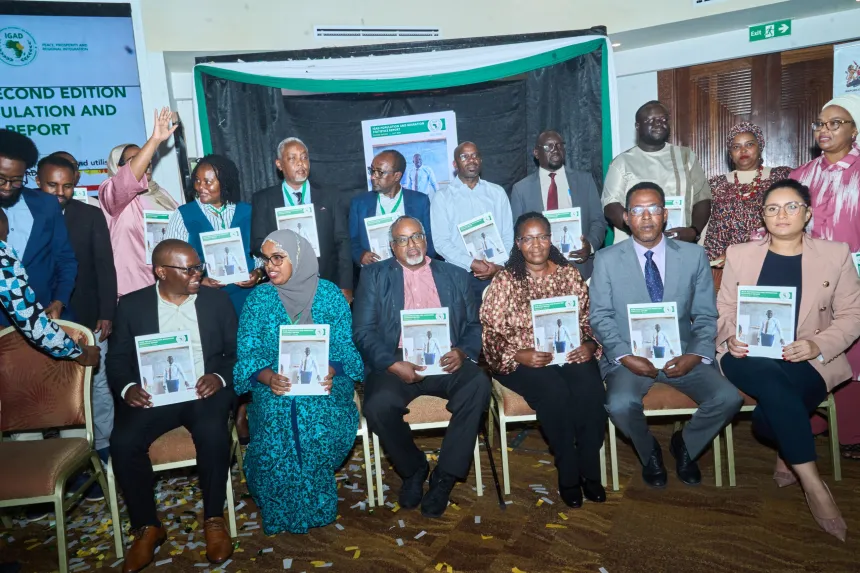IGAD has wrapped up a four-day workshop in Mombasa focused on strengthening migration and displacement data across the Horn of Africa. The meeting aimed to improve how governments track population movements and design policies in response to climate and economic pressures.
The 7th Migration Data Technical Working Group Workshop brought together experts from IGAD’s eight member states, alongside regional and international partners. Delegates worked on harmonizing data collection, improving accuracy, and ensuring statistics are comparable across borders.
“Our region continues to experience complex migration dynamics. To respond adequately, we must invest in stronger data systems that inform policies and ensure no one is left behind,” said Mohamed Abdi Ware, IGAD Deputy Executive Secretary.
The Horn of Africa is one of the most climate-vulnerable regions in the world. Recurring droughts, floods, and desertification force families and livestock to move in search of water, pasture, and safety. These cross-border movements complicate national responses and highlight the urgent need for reliable data.
Participants included representatives from national statistical offices, immigration departments, ministries of labour, central banks, and foreign affairs. Partners such as the African Union, IOM, ILO, UNECA, UNHCR, GIZ, and Statistics Sweden also took part.
Discussions reviewed member states’ progress, explored strategies for harmonization, and considered draft guidelines to align with international standards. The workshop also prepared the ground for the third edition of the IGAD Migration Statistics Report, a key tool for regional planning.
Kenya’s Rosemary Bowen, Acting Director of Population Statistics at the Kenya National Bureau of Statistics, noted: “Better migration statistics will help us protect vulnerable groups, manage mobility effectively, and support host communities.”
Organized with support from Statistics Sweden, IOM, and GIZ, the workshop will produce recommendations and an action plan to guide countries in integrating migration into development plans and meeting global commitments such as the Global Compact for Migration and the UN Sustainable Development Goals.
As climate shocks, conflict, and economic challenges drive unprecedented movement, stronger migration data systems will be essential to resilience, regional cooperation, and protecting human dignity.

